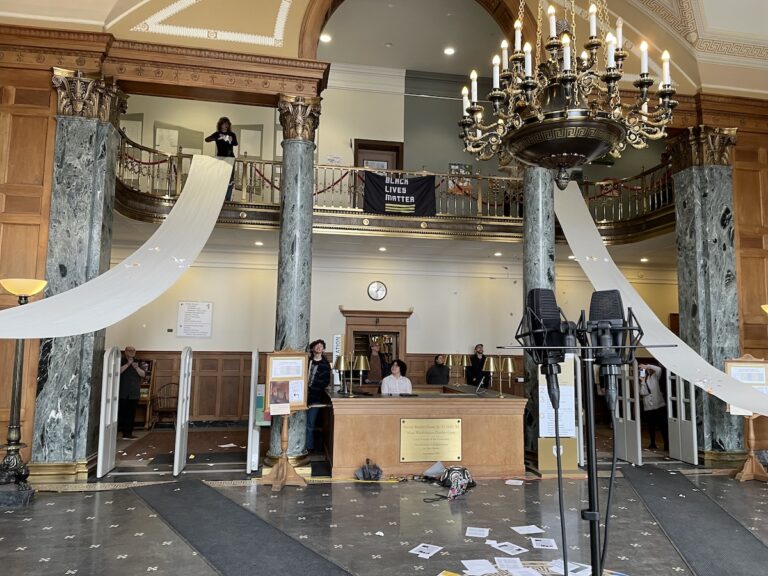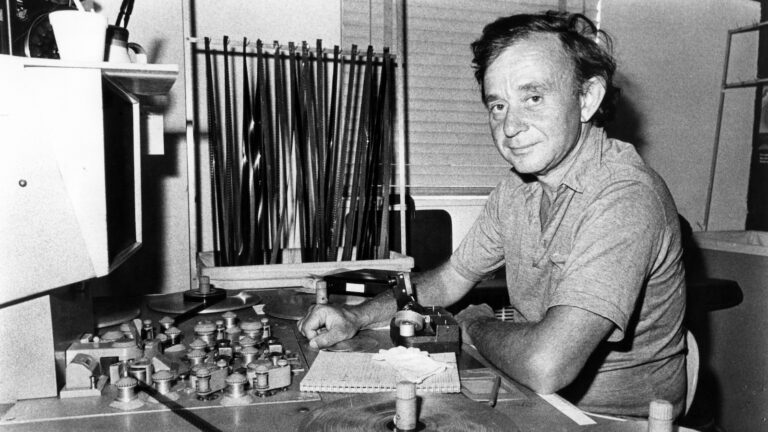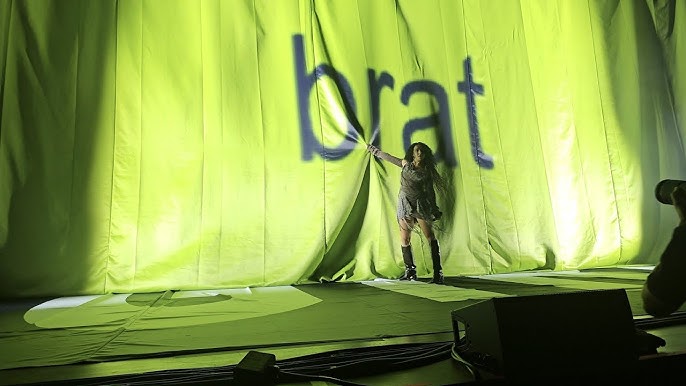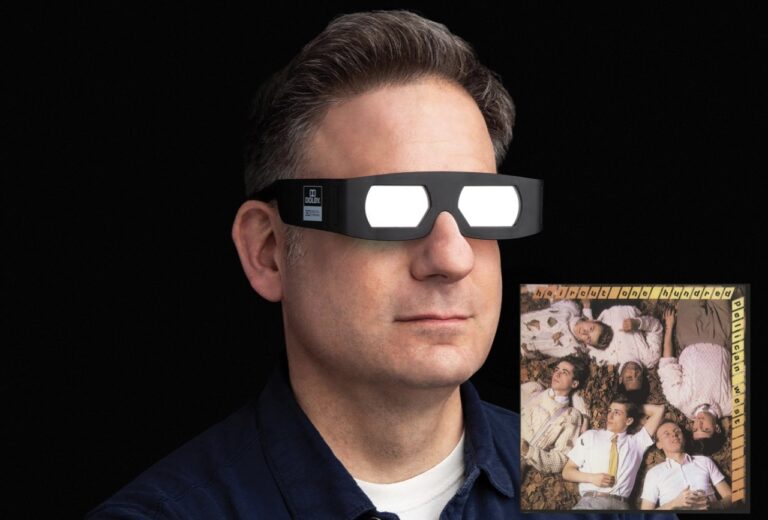I Know You’re Playing Pretend: “Life in Plastic”
In J.D. Salinger’s novella, “Seymour: An Introduction,” Buddy Glass reflects on his brother’s suicide at 31 in what is ostensibly an introduction to his brother’s poetry. Throughout the introduction, Glass talks about Seymour’s childhood and Christ-like personality traits, but hidden underneath all of his memories is a profound sense of grief.
“I said I’d finish this, but I’m not going to make it after all,” Glass wrote during a rare moment of honesty about the suicide. “Not because I’m not a proper iron man but because to finish it right I’d have to touch on — my God, touch on — the details of his suicide, and I don’t expect to be ready to do that, at the rate I’m going, for several more years.”
If Buddy Glass—a 40-year-old man and all-around brilliant writer—can’t directly address his brother’s suicide, then nobody should expect Chloe, the 13-year-old protagonist portrayed by Celeste Borletti ’25 in “Life In Plastic,” to deal with her mother’s.
“Life In Plastic” is an original play written and directed by Liz Laurence ’25 that played on Saturday, March 29 and Sunday, March 30, 2025, at the Psi Upsilon Fraternity Building. Despite the only 40-minute runtime, the play covered a lot of thematic ground.
Chloe’s mother, Anna, is brilliantly played by Hyacinth Tauriac ’25. She is charismatic in the phoniest way possible; in the beginning, you can’t help but trick yourself into believing that she can be happy. Her suicide comes from left field.
It suddenly feels a lot less like a surprise, though, when you think about the realities of her life.
Her husband Stephen, portrayed by Serena Murdoch ’25, after a series of honest pieces of advice that he angrily gives her (including that you probably shouldn’t give your daughter beer to pass out at her middle school graduation), explodes.
“Life was never enough for you, was it? Nothing was ever enough for you!” Stephen said.
Of course it wasn’t. Anna wasn’t a successful actress, but even if she were, she’d still be replete with all of the unaesthetic and mundane horrors that she seems to fear more than anything in the world. Really, who can blame her?
Jackie Curtis was a Lower Manhattan playwright and actor from the ’70s who pioneered a form of camp that inspired David Bowie and Iggy Pop.
“It was the beginning of camp,” Melba LaRose, an actress from one of Curtis’ plays, said in “The Downtown Pop Underground,” a book by Kembrew McLeod. “We thought we were really living out these parts onstage and in life, so we didn’t think of it as campy.”
Anna is campy and so are her daughter, her husband, and this play. It’s no coincidence that the play is littered with that pink-blue bisexual lighting and that Jackie Curtis was a man who broke gender norms by wearing dresses and lipstick.
Chloe isn’t only dealing with the death of her mom. Borletti’s portrayal of Chloe reflects her character’s difficulty with dealing with her own sexuality. For example, Chloe tells us a story about an intimate moment with a friend.
“And then she was like listen, Chloe, I have a crush on you, and I was like ‘Woah,’” Chloe said. “And she was like, ‘Yeah, I like your stupid mole and your curves,’ and then I kissed her.”
Chloe proceeds to describe this kiss, and you can’t help but get the sense that she prefers it to the way her boyfriend kisses her.
“I know I’m not, like, the first person to ever kiss a girl, but it kinda feels like I am,” Chloe said.
When she says this, she constructs the same romantic reality that her mom constructed in order to avoid life. Stephen is inevitably concerned, as he sees Chloe’s inability to cope with her mom’s death, and indeed life in general, as being the exact same way that Anna was unable to cope.
“I haven’t been hard enough on you,” Stephen says before sending her to boarding school. “I haven’t pushed you enough.”
Stephen, Murdoch’s straight man, is the understated link that the play needed. He is the man who steps in and says that he doesn’t know what’s going on and that he isn’t equipped to handle it. He is the man who secretly detests Chloe’s mother for what she did.
“He’s complicated in that he is caught up in the middle of girlhood and doesn’t know what to do with that,” Laurence said in an interview.
Laurence emphasized the cohesiveness of her production team, which allowed her to maximize her enjoyment throughout the directing process.
“I’ve worked on a lot of productions here, and I’ve never had so much fun,” Laurence said. “I’ve never been able to say that I’ve enjoyed working with every single person who came along [before] this production.”
During the rare instances when Laurence wasn’t praising her actors and tech team, she was giving me key details on the influences behind her piece. “Life in Plastic” had a cinematic nature to it, so it is unsurprising that Laurence is a film minor. Her top four films on Letterboxd are “Soapdish,” “One Flew Over The Cuckoo’s Nest,” “Moonlight,” and “Monsters, Inc.”
“One Flew Over the Cuckoo’s Nest” is an easy-to-spot influence in this play, as Anna brings that same vitality and unconquerable attitude that Jack Nicholson does, until she is inevitably defeated by the cold realities of life. Laurence also captures the attitude of her play better than I ever could.
“Nobody likes to be preached to,” Laurence said. “They like to laugh.”
It’s dark material, and yet Laurence begs us to enjoy ourselves as we get through the experience.
“I know what I see in you!” Stephen said to Chloe at the end of the play. “I see your mother. I see her lying on the bathroom floor, lifeless, and I say ‘Stop it; stop, Anna; stop this game; I know you’re playing pretend; wake up, Anna; please wake up, Anna; I can’t do this anymore; I am just a man who doesn’t know how to raise a daughter.’”
Stephen, we don’t know how to raise your daughter either. Only transcendental fantasy makers like Anna and maybe Laurence can pull it off. Until then, we will just watch with fascination and all the enjoyment in the world that they could possibly want us to have.
Henry Kaplan can be reached at hrkaplan@wesleyan.edu







Leave a Reply